In the battle against addiction, the focus often centers on the mind and the substances at play. Yet, there’s a critical, often overlooked ally in the quest for recovery: our gut health.
The burgeoning field of research into the gut-brain axis reveals that, beyond digestion, our gastrointestinal tract plays a crucial role in our mental health and can be a pivotal element in overcoming addiction.
As we explore the intricate connections between the gut and the brain, we uncover how the balance of billions of bacteria living in our digestive system not only affects our physical health but also influences our mood, cravings, and overall resilience against addictive behaviors. Understanding this link opens up innovative approaches to addiction treatment, emphasizing dietary and lifestyle changes that support gut health as essential components of effective recovery plans.
How Addiction Works
Addiction is a complex mental affliction that dramatically reshapes the brain’s chemistry and its approach to rewards and motivation. Characterized by an intense craving and an inability to control the use of a substance or engagement in a behavior, addiction extends beyond the more recognized dependencies on substances such as alcohol, opioids, and nicotine, to include behaviors associated with compulsive consumption of sugary foods and other non-substance-related activities.
Addiction begins with the substance or behavior dramatically increasing levels of neurotransmitters like dopamine and serotonin in the brain. This surge creates a pleasurable “high” that the brain learns to desire strongly, often at the expense of other healthier activities or even basic daily responsibilities. Over time, this leads to changes in the brain’s wiring, particularly in areas related to pleasure, decision-making, and self-control.
As tolerance to the substance increases, the person requires increasingly larger amounts to achieve the same high, escalating the risk of physical harm and further entrenching the addiction. Withdrawal symptoms often occur when the substance is not available, characterized by severe physical and psychological discomfort, which drives the cycle of addiction as the individual seeks relief by consuming more of the addictive substance.
Historically misunderstood as a failure of willpower or a moral failing, addiction is now recognized by the scientific community as a chronic disease—a long-lasting condition that can be managed but not cured, similar to diabetes or heart disease. This shift in understanding recognizes the powerful, long-term changes addiction imposes on the brain, manifesting in behaviors that continue despite harmful consequences to the individual and those around them.
Each year, addiction leads to a high rate of preventable deaths, with opioids alone responsible for approximately 100,000 deaths annually in the United States. The broader social and economic costs are immense, running into hundreds of billions of dollars due to lost productivity, healthcare expenses, and crime-related costs.

How Gut Microbiome Affects Brain & Addiction
The complex ecosystem within our gut plays a pivotal role in more than just digestion—it also significantly impacts our brain and behavior. Recent studies have unveiled how the gut microbiome can influence the likelihood of addiction by affecting the brain’s chemistry, particularly through its role in neurotransmitter production and inflammatory processes.
Certain beneficial bacteria in the gut are responsible for producing neurotransmitters such as dopamine, serotonin, and GABA, which are essential for regulating mood and behavior. Dopamine, most notably linked with the brain’s reward system, is crucial in the context of addiction. It creates the pleasurable sensations associated with addictive behaviors, reinforcing the cycle of substance use.
However, when the balance of these beneficial bacteria is disrupted by poor dietary choices or substance abuse, such as with alcohol, tobacco, or sugary foods, it can lead to a decrease in these critical neurotransmitters. This reduction not only dampens mood but can also increase the dependence on harmful substances that temporarily boost their levels.
Moreover, the gut microbiome’s role in regulating inflammation throughout the body contributes to its impact on mental health and addiction. An imbalance in gut bacteria can lead to chronic inflammation, a condition linked to a host of health issues including the exacerbation of addictive behaviors and neurological changes associated with addiction. This inflammation can also compromise the gut barrier, allowing toxins to leak into the bloodstream and eventually reach the brain, potentially leading to anxiety and depression, which can further fuel addictive behaviors.
The concept of dysbiosis, or the imbalance of the gut microbiome, illustrates how a compromised gut environment can escalate into a self-perpetuating problem. Substances like cocaine and methamphetamines drastically diminish microbial diversity, killing off beneficial microbes and allowing harmful pathogens to thrive. This shift can decrease the production of health-promoting compounds like butyrate, which nourishes the gut lining, and increase the production of toxins that may exacerbate the cycle of addiction. The altered state of the gut microbiome can become difficult to reverse, trapping individuals in a cycle of substance abuse as they seek to counteract the discomfort caused by their gut dysbiosis.

Improving Recovery by Improving the Gut
A dysbiotic, or imbalanced, gut often arises from diets low in fiber and high in processed foods, which are typical in modern eating habits. These diets support harmful bacteria while starving the beneficial ones that are crucial for health. To combat this, incorporating a diet rich in fiber is essential. Fiber-rich foods such as beans, onions, artichokes, and berries help nourish the good bacteria in the gut. These beneficial microbes ferment fiber to produce short-chain fatty acids like butyrate, which are critical for maintaining the integrity of the gut lining and reducing inflammation.
Supplementing with probiotics can further enhance gut health. Strains like Bifidobacterium longum and Lactobacillus rhamnosus not only improve the health of the gut lining but also play roles in preventing the development of drug tolerance—a frequent challenge in the cycle of addiction. By reinforcing the population of beneficial microbes, these probiotics can help restore a balance, thereby increasing the production of feel-good neurotransmitters like serotonin and dopamine, naturally produced in the gut.
This improved gut environment can significantly impact recovery by diminishing cravings and withdrawal symptoms, making the process slightly less daunting. The increase in beneficial neurotransmitters provides a natural boost to mood and overall well-being, potentially decreasing the reliance on addictive substances.
Feed Your Gut Right, It Will Crave Right
A healthy gut does more than just digest food—it’s also a key producer of neurotransmitters like serotonin and dopamine, which regulate mood and anxiety. By optimizing gut health, individuals may experience elevated moods and better emotional responses, which can be incredibly beneficial during the withdrawal process and beyond.
For those in recovery, making dietary changes can seem daunting. However, even small adjustments can start to shift the gut microbiome towards a healthier state. Over time, these changes can weaken the grip of addiction by reducing cravings and withdrawal symptoms, providing a solid foundation for recovery.
Improving gut health should be considered a vital component of addiction recovery programs. It complements traditional therapies and supports long-term success by aligning the body’s physiological needs with recovery goals. This holistic approach acknowledges the powerful connection between the gut and the brain and leverages it to foster resilience against addiction.

My Personal RX on Supporting Addiction Recovery Through Gut Health
Recovery from addiction is a complex process that involves both psychological and physiological healing. As a doctor, I reaffirm the significant role of gut health in supporting recovery efforts. The gut-brain axis is a critical pathway through which the gut can influence mood, cravings, and overall brain chemistry. Optimizing gut health can therefore be a powerful strategy in addiction recovery. Here are targeted tips to leverage gut health for improving recovery outcomes.
- Increase Fiber Intake: Start by incorporating more fiber-rich foods into your diet. Foods such as legumes, whole grains, fruits, and vegetables provide the necessary nutrients to feed the good bacteria in your gut. Fiber helps these bacteria produce beneficial compounds like short-chain fatty acids, which are vital for maintaining gut health.
- Incorporate Fermented Foods: Fermented foods like yogurt, kefir, sauerkraut, and kimchi are rich in probiotics, which can help increase the diversity and number of beneficial bacteria in your gut. These foods contribute to a balanced microbiome, enhancing gut health and potentially reducing cravings associated with addiction.
- Incorporate MindBiotic: MindBiotic is specially formulated to support the gut-brain axis by combining probiotics, prebiotics, and Ashwagandha. This blend not only helps to maintain a healthy gut flora but also reduces stress and stabilizes mood, which are crucial in managing cravings and promoting recovery from addiction.
- Stay Hydrated: Drinking adequate amounts of water daily is crucial for maintaining the mucosal lining of the intestines. Proper hydration helps ensure optimal conditions for gut bacteria to thrive, promoting a healthy digestive system.
- Follow the Eating And Shopping Guide For Optimal Gut And Brain Health: This guide is an essential tool for anyone looking to support their gut and brain health through diet. It offers practical advice on how to shop for and prepare foods that protect against inflammation, a common issue in addiction recovery that can affect both gut health and brain function. Learning to identify healthy labels and choose anti-inflammatory foods can significantly impact your recovery journey.
- Engage with Heal Your Gut, Save Your Brain: This book provides valuable insights into how the gut affects brain health and includes dietary recommendations designed to support this connection. The advice focuses on gut-friendly ingredients that enhance brain function, reduce inflammation, and support addiction recovery.
- Manage Stress: Chronic stress can negatively affect your gut microbiome. Engage in stress-reducing activities such as yoga, meditation, or regular exercise. Managing stress effectively not only helps maintain a healthy gut but also supports overall mental health, crucial for recovery from addiction.
- Get Adequate Sleep: Sleep has a profound impact on gut health. Ensure you get enough quality sleep each night to help regulate the functions of your gut microbiome. Sleep deprivation can disrupt your gut flora and negatively impact your recovery efforts.
- Avoid Antibiotics When Possible: While sometimes necessary, antibiotics can severely disrupt the gut microbiome. Use them only when prescribed and absolutely necessary, and discuss with your healthcare provider the possibility of a probiotic regimen post-antibiotics to help restore gut balance.
- Seek Professional Guidance: Consider consulting with a healthcare provider who specializes in both addiction recovery and nutritional therapy. They can offer personalized advice and adjustments to your diet and lifestyle to support your specific recovery needs.
Sources:
- Lewin-Epstein, O., Jaques, Y., Feldman, M. W., Kaufer, D., & Hadany, L. (2023). Evolutionary modeling suggests that addictions may be driven by competition-induced microbiome dysbiosis. Communications Biology, 6(1). https://doi.org/10.1038/s42003-023-05099-0
- How an addicted brain works. (2022, May 25). Yale Medicine. https://www.yalemedicine.org/news/how-an-addicted-brain-works
- Drugs and the Brain | National Institute on Drug Abuse. (2025, January 8). National Institute on Drug Abuse. https://nida.nih.gov/publications/drugs-brains-behavior-science-addiction/drugs-brain
- The Gut Microbiome and Drug Addiction: an Emerging link | ASM.org. (n.d.). ASM.org. https://asm.org/articles/2023/april/the-gut-microbiome-and-drug-addiction-an-emerging




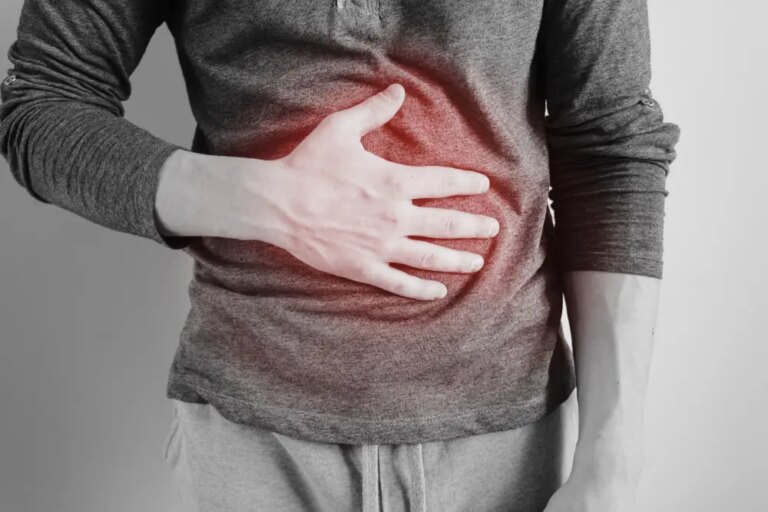
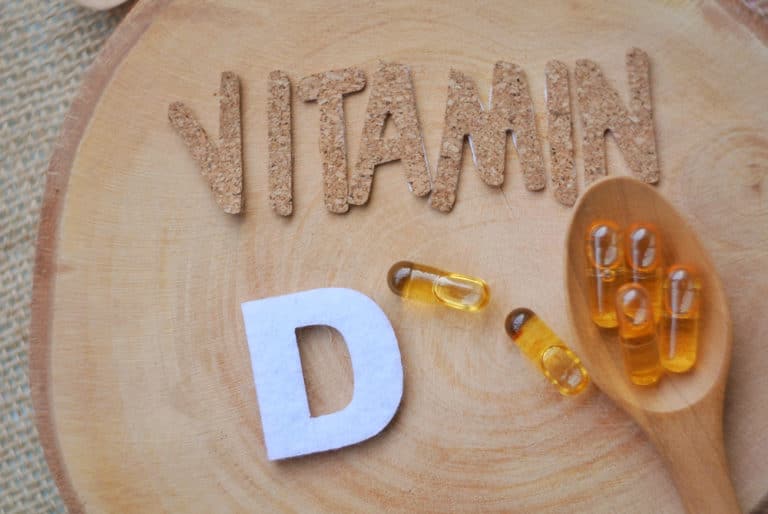

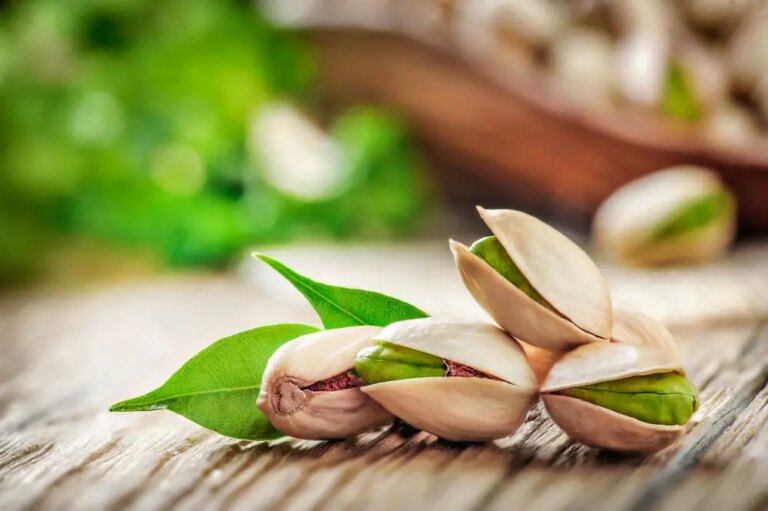
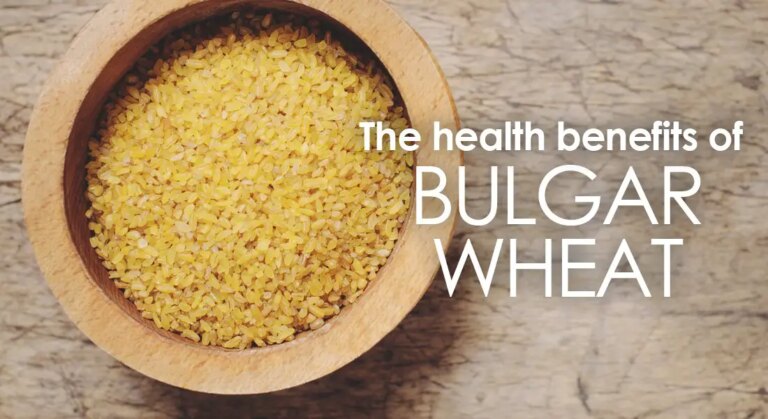
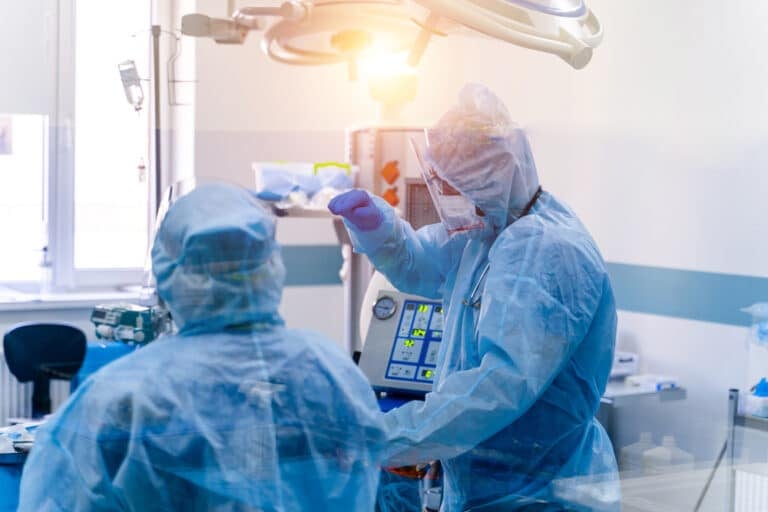

 Subscribe to Ask Dr. Nandi YouTube Channel
Subscribe to Ask Dr. Nandi YouTube Channel









